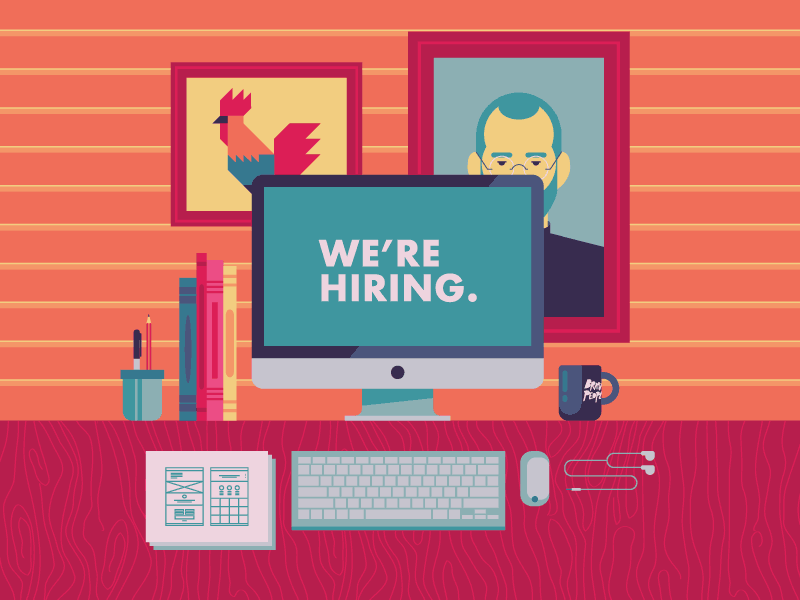
Or something like that-contemporary how-to books tend to offer contradictory advice. If you want to have a shot at a good job, you need to have a robust profile on LinkdIn. And once you got a job, you would stay-often for decades. Maybe you’d call the company a week later to check in, but the basic approach was easy. Or you’d see an ad in a newspaper and send in your cover letter. A friend would mention a job in their department. You’d show up at an office and ask for an application. You may be referred to a Quarantine Officer for a health assessment and further direction.Finding a job used to be simple.
inform the flight attendant, cruise staff or a border services officer upon arrival. 
If you feel sick or experience any symptoms of COVID-19 during your travel to Canada or upon arrival, you should:

If you have symptoms of COVID-19, you shouldn't travel to Canada.
It's strongly recommended that you wear a well-constructed and well-fitted mask or respirator while you travel. Wearing masks on planes and trains is not required. Health checks to board planes and trains are not required. As always, travel documents are required.  Pre-boarding tests for cruise passengers are not required. to save time at the border, you can use the ArriveCAN customs and immigration feature to complete your declaration in advance if you’re flying into a participating international airport. Quarantine after you enter Canada is not required. COVID-19 pre-entry and arrival tests are not required. COVID-19 emergency air travel requirements for China, Hong Kong and Macao In effect. Pre-board testing is not required, except:. Proof of COVID-19 vaccination is not required. For all travellers entering Canada by air, land or marine mode:
Pre-boarding tests for cruise passengers are not required. to save time at the border, you can use the ArriveCAN customs and immigration feature to complete your declaration in advance if you’re flying into a participating international airport. Quarantine after you enter Canada is not required. COVID-19 pre-entry and arrival tests are not required. COVID-19 emergency air travel requirements for China, Hong Kong and Macao In effect. Pre-board testing is not required, except:. Proof of COVID-19 vaccination is not required. For all travellers entering Canada by air, land or marine mode:







 0 kommentar(er)
0 kommentar(er)
